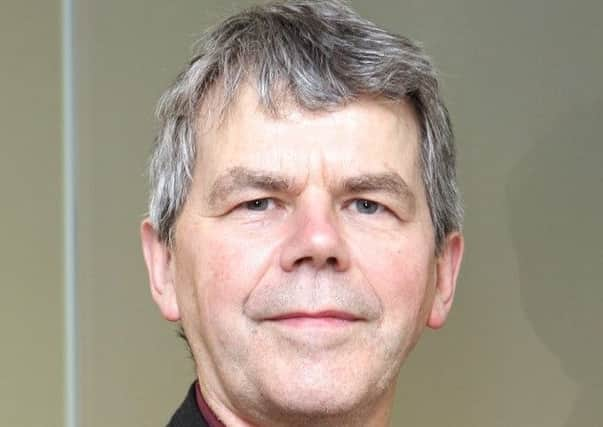Talking about your problems takes a lot of courage when you are only 13 – Jonathan Wood


While counselling is traditionally thought of as a series of one-to-one meetings with a counsellor on a weekly basis, Place2Be has always seen the importance of offering a range of counselling inputs. That might be group counselling or a drop-in, short session of 10 or 15 minutes – Place2Talk – for an individual pupil or small group of pupils, providing opportunities to talk through a particular issue and come up with a solution. A number of sessions of one-to-one counselling can be useful for a young person who needs ongoing support to explore and work through intrusive thoughts or feelings – anxiety, trauma, isolation, bereavement, anger: any of these issues might benefit from that kind of work and, if provided at the right time, can prevent issues spiralling and referrals to other services.
We always say – as a kind of strapline – “it’s OK to talk”. But of course, it’s not OK for everyone to talk. A lot of us were not raised in a culture where revealing our innermost thoughts and feelings was encouraged. It can take courage to talk.
Advertisement
Hide AdAdvertisement
Hide AdGroup counselling often provides that supportive space – with peers, with people that we know facing similar difficulties – where this cultural barrier can come down. To learn that others feel like you can be seismic in understanding that you are truly not alone – not on your own with these concerns. Our drop-in service – short meetings focusing on finding a solution to a particular issue – can be fundamental in starting that culture change, both for the individuals and the whole school: not only is it OK to talk, but talking helps you work out what to do about something. At Place2Be we see these different approaches to supporting young people as variants on counselling, creating better reach in schools for a wider range of young people.
A 13-year-old boy dropped into a Place2Talk session. He was being named and shamed by some of his peer group because he had had the courage to come out as gay.
He had anticipated some of this, but now it was turning nasty as he was being physically threatened by one boy in particular. He had worried about reporting it directly to his teacher, or to his parents – both of who were supportive – because he was sure they would take action.
He wanted to work out what to do himself. He left without a clear solution but said he would come back after he’d had a bit of a think.
A couple of days later, he returned with the boy who was threatening him. He’d somehow persuaded him to attend. He used the short session to explain to the boy how his threats made him feel. A tearful ten minutes ensued, as the other young man realised just what the impact of his threats had been.
Now both boys drop in from time to time, checking in as the need arises. The second boy has identified issues in his life he’d like to address and is thinking about longer term counselling.
Teachers, headteachers and parents who want more information on Place2Be’s approach to counselling in schools can contact: [email protected] or go to www.place2be.org.uk/what-we-do/supporting-schools/secondary-schools
Get involved in Children’s Mental Health Week 2020: www.childrensmentalhealthweek.org.uk/schools-and-youth-groups
Jonathan Wood, national manager for Scotland, Place2Be.